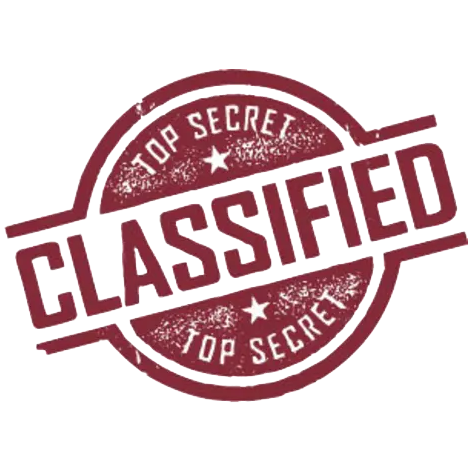- cross-posted to:
- politics@lemmy.world
- ufos@lemmy.world
- cross-posted to:
- politics@lemmy.world
- ufos@lemmy.world
I used GPT to give a brief summary of this. Its pretty wild. I can’t help but think we are close to something big. Heres the summary:
The document appears to be a legislative proposal or draft bill that outlines the creation of a Review Board tasked with reviewing and disclosing unidentified anomalous phenomena records. The Review Board’s purpose is to examine records related to unidentified phenomena, technologies of unknown origin, and evidence of non-human intelligence.
The proposed Review Board would have specific functions, including serving as the principal liaison to the Executive Office of the President and Congress, chairing the Review Board, coordinating the review of records, and making decisions regarding the disclosure of records to the public.
The document outlines the qualifications and appointment process for the Executive Director and staff of the Review Board. It also addresses the necessary security clearances for personnel and their roles in the review and disclosure process.
The Review Board’s primary responsibility is to determine whether unidentified anomalous phenomena records should be disclosed to the public or postponed for disclosure. The document discusses the criteria and procedures for making these determinations, including the provision of substitute records, summaries, or segregable parts for disclosure.
Additionally, the document includes provisions for the disclosure of recovered technologies of unknown origin and biological evidence of non-human intelligence. It suggests the exercise of eminent domain by the federal government to acquire and examine such materials.
There are sections addressing the Review Board’s access to testimonies, witnesses, and whistleblowers, as well as the solicitation of additional testimony. The document also emphasizes the importance of cooperation from the Attorney General, the Secretary of State, and executive agencies in facilitating the disclosure of relevant information.
Other provisions cover the release of information held under seal of a court or under the injunction of secrecy of a grand jury. The document highlights the Review Board’s reporting requirements, its termination, and the availability of funds for its operations.
Finally, there are rules of construction, provisions for Freedom of Information Act requests, judicial review, existing authority, and rules of the Senate and House of Representatives.
What a time to be alive.



